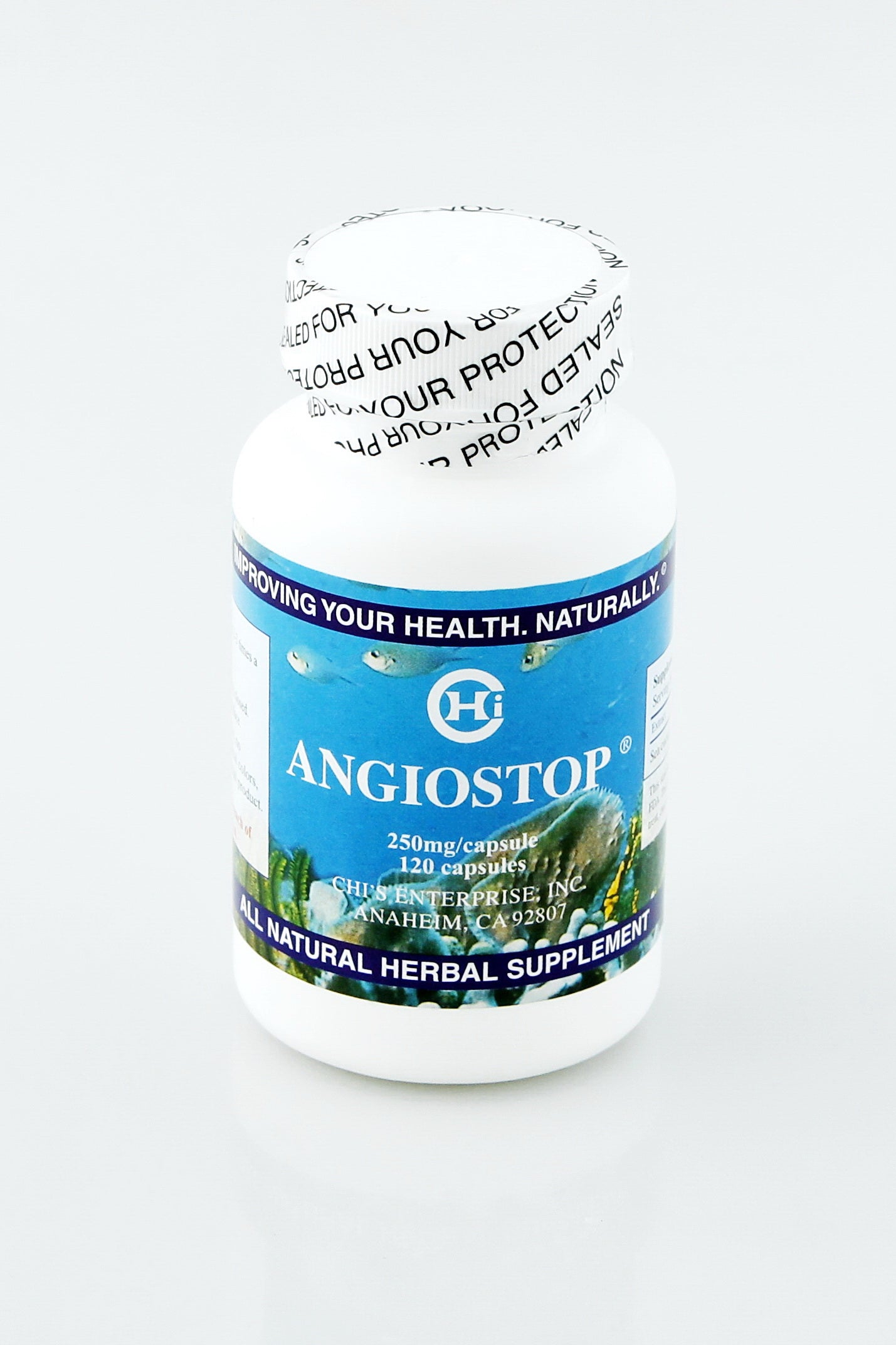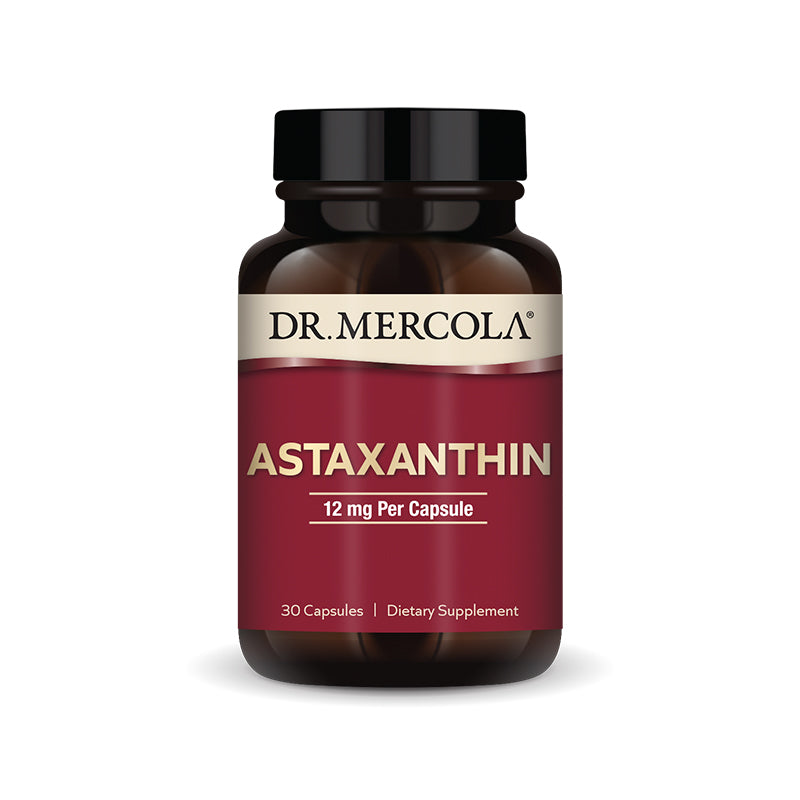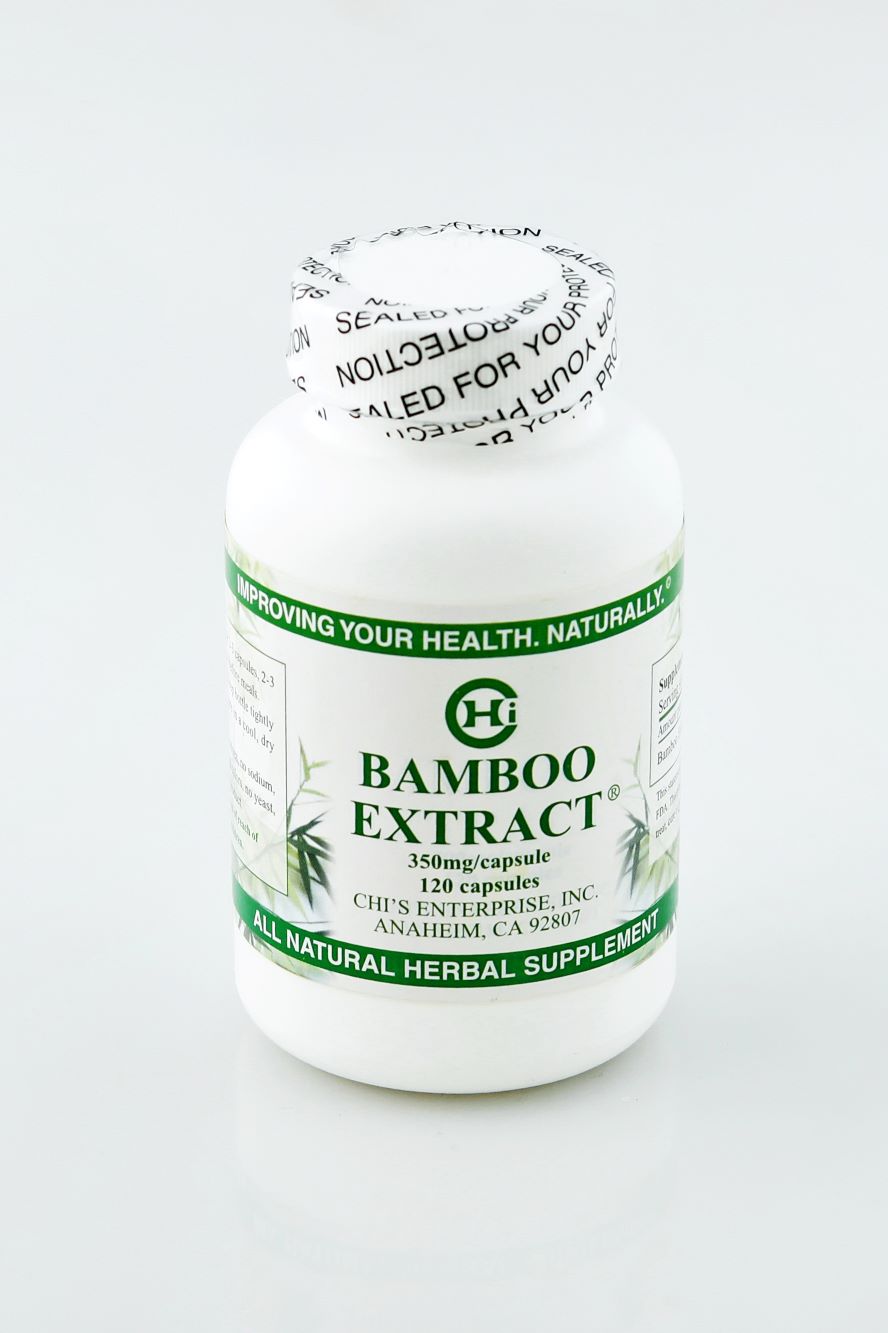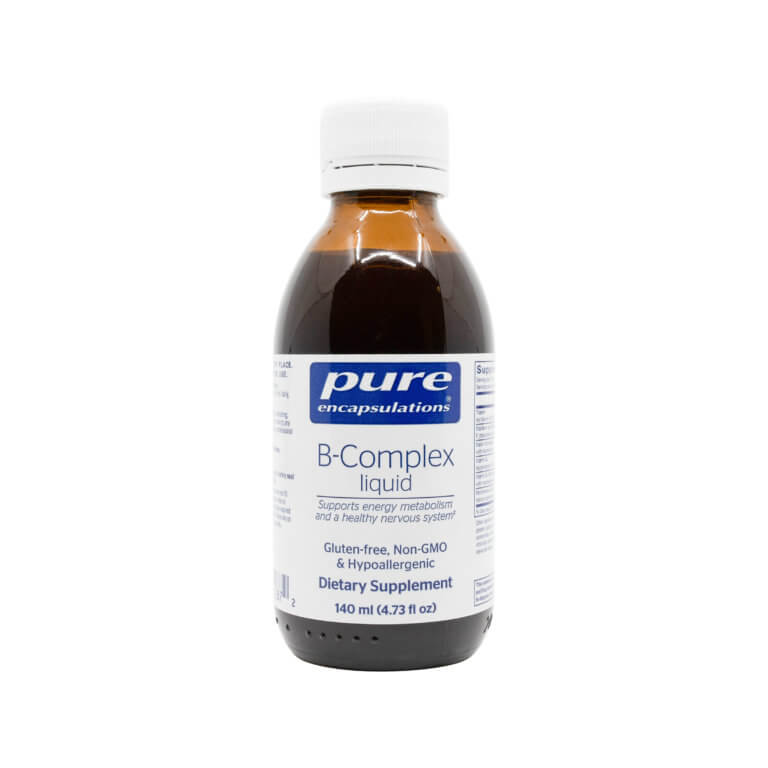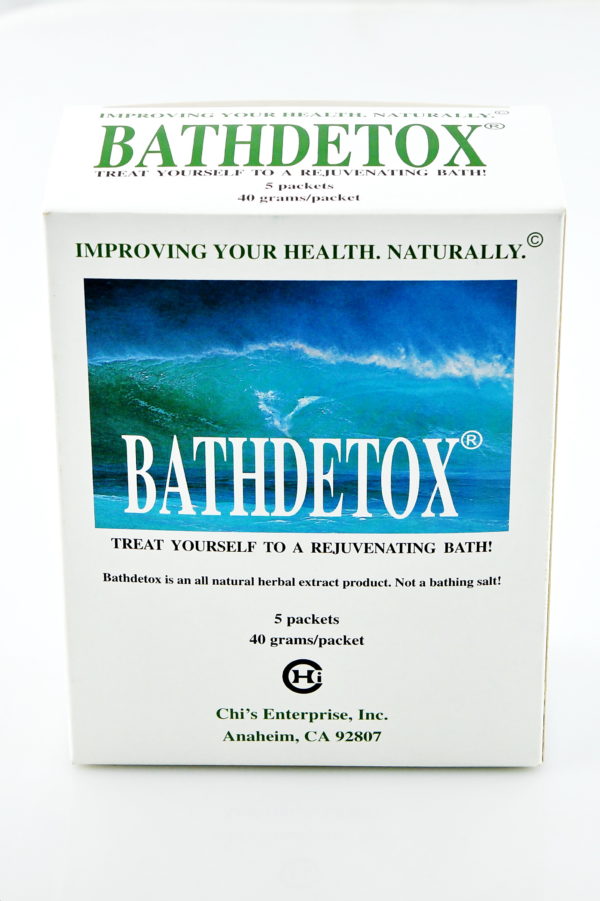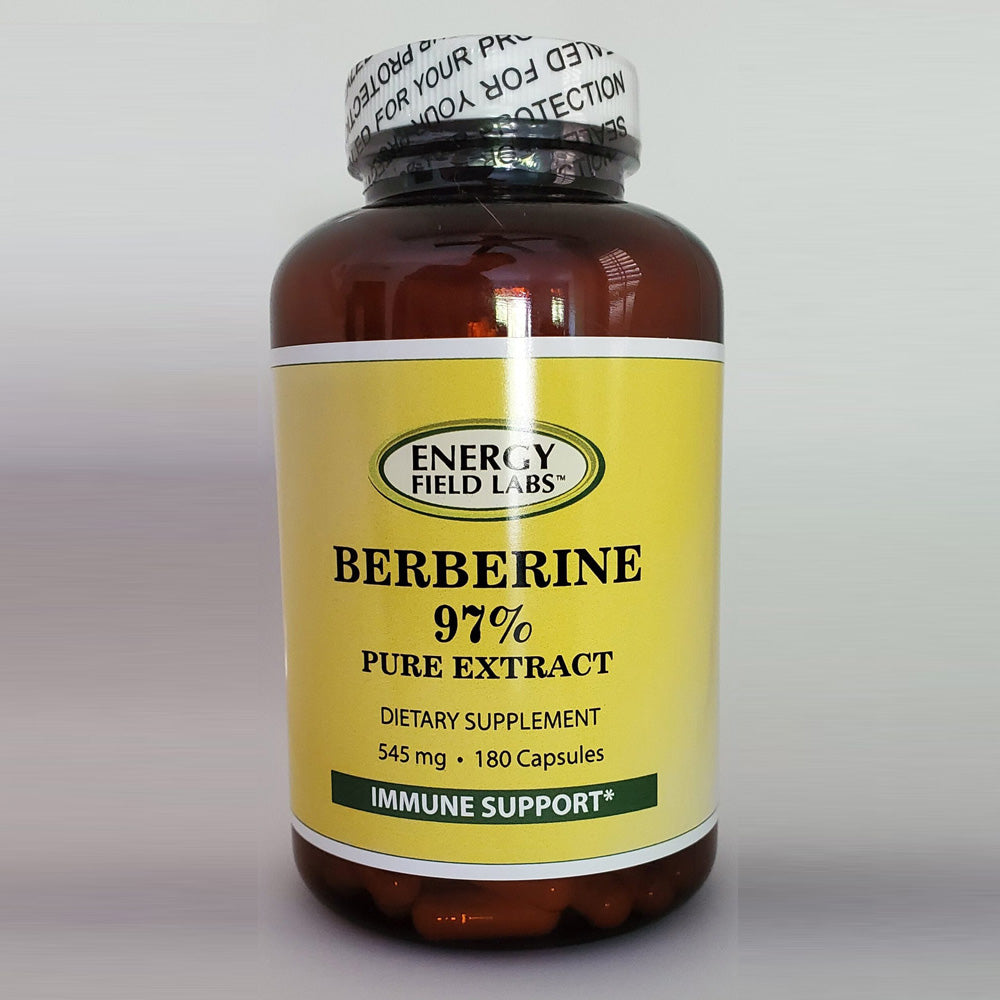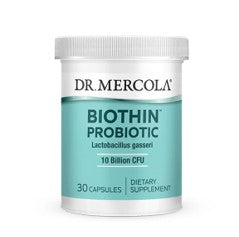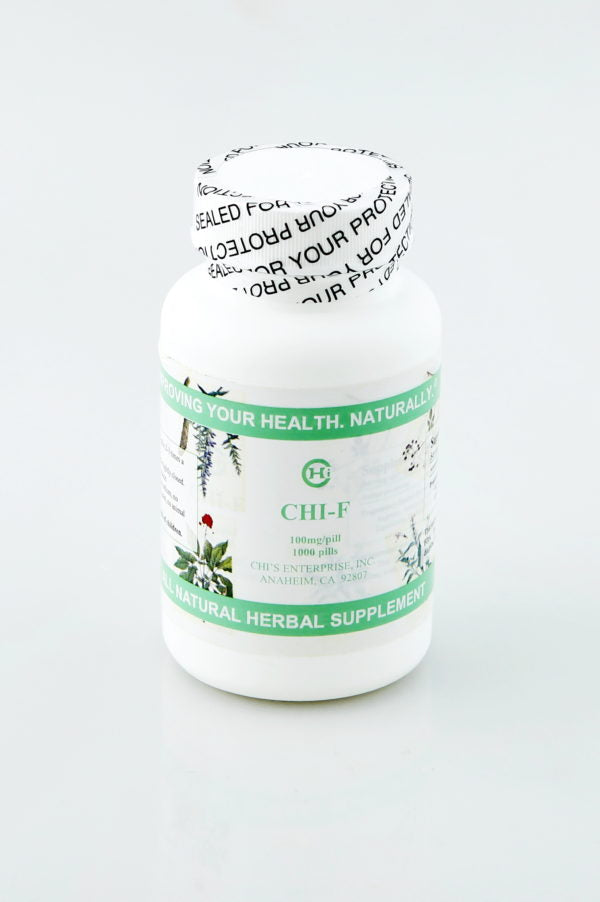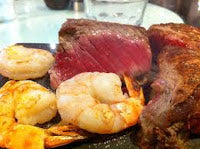It is estimated that at least 50 million Americans are living with an autoimmune condition and honestly, many do not even realize this.
I want to first share how I differentiate and autoimmune condition and an autoimmune disease. I would suggest that an autoimmune reaction would be recognized as antibodies recognized in your body that may or may not be creating symptoms for you. The full blown autoimmune disease would include the recognition of tissue destruction.
Yes, this is when your body is literally destroying itself.
Unfortunately, conventionally speaking autoimmunity is not recognized until you are in the full blown tissue destruction. This would be like waiting to fix worn brakes on your car until you run into somebody.
Sounds silly, doesn’t it?
It is always a good idea to catch an autoimmune challenge early because with the correct lifestyle modifications and the correct supplementation, you can find your balance and reestablish healthy immunity. If you wait until there is full blown tissue destruction, this becomes much more difficult but there is still hope.
Let’s first start by addressing the more significant core challenges that creates autoimmune issues. These would be:
- Nutrition (Inflammatory foods)
- Chronic stress
- Infection
- Inflammation
A good place to start to potentially assist in all of these areas is with nutrition. Last week I shared a list of potential inflammatory foods but this week I also want to share allowable foods along with this list. This is listed at the end of this article.
From a supplement perspective there are two nutrients that I always start with when a client has immune system imbalances. These two supplements are liquid vitamin D3 and glutathione.
Vitamin D3, which is actually a steroid hormone, is essential for proper immune function. Normal ranges of vitamin D when review blood work would be 50 – 70, yet therapeutic ranges are from 70 – 100.
The other supplement glutathione, is an antioxidant that is produced in your body. Well, at least it should be. Unfortunately, this production is generally severely depleted for those with chronic health challenges. The challenging factor with glutathione is the fact that it is very poorly absorbed as a supplement. This is why I always suggest a vascular cream of glutathione that is absorbed through your skin. If you wanted more information on this vascular cream of glutathione, you would have to call my office direct at 949.954.6226.
This combination above is used to allow your body to regulate immune system function properly. From here it would be important to further balance your TH1 and TH2 aspects of your immune system. I will discuss this further in my upcoming webinar “Autoimmunity at the Core” coming up soon.
For those with autoimmune reactions or disease, it is recommended to only consume allowable foods unless you have completed a cross reactive food testing to confirm specific inflammatory foods for you.
If you have any comments or questions in regard to this article, please leave a post below and I will address this personally.

